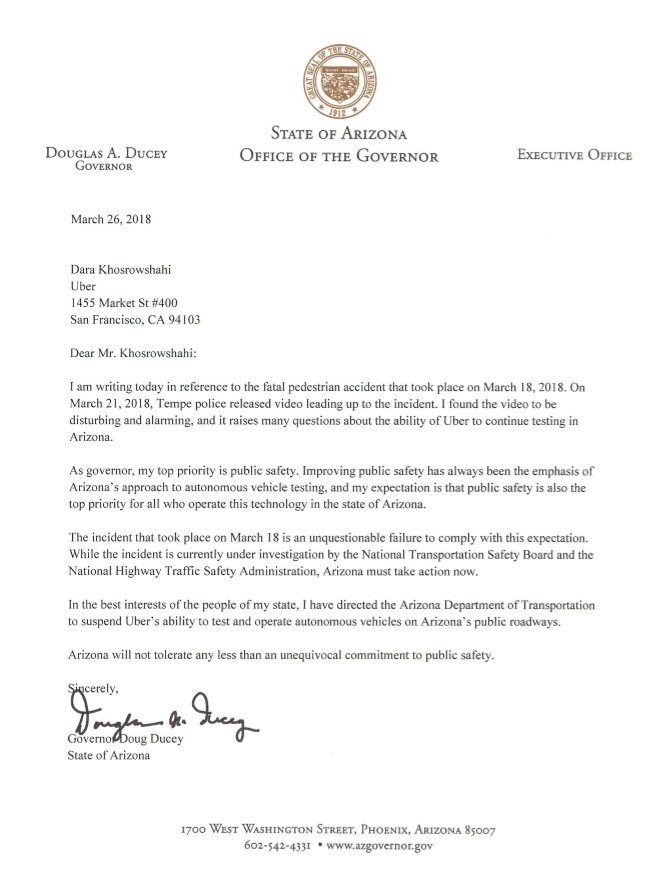Waymo has a crash in Chandler, but is not at fault.
Submitted by brad on Fri, 2018-05-04 21:14A crash today with a Waymo van is getting attention coming in the same area just a short time after the Uber fatality, but Waymo will not be assigned fault -- the driver of the car that hit the Waymo van veered out of his lane into oncoming traffic because of somebody else who was incurring on the intersection. Only minor injuries, but higher energy than prior crashes for Waymo.





 This seems shocking, but in fact it is to be expected. Trials are long and expensive and risky. The vast majority of commercial disputes are settled out of court.
This seems shocking, but in fact it is to be expected. Trials are long and expensive and risky. The vast majority of commercial disputes are settled out of court. In particular, I want to examine what could go wrong at any of these points, and what is not likely to go wrong.
In particular, I want to examine what could go wrong at any of these points, and what is not likely to go wrong.


